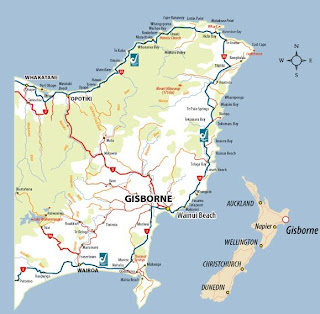2009 American Indian Parent Conference
"Tradition of Life Long Learning: Mapping out a Child's Journey through Education"
March 16th and 17th, 2009
Glendale Community College
Glendale, Arizona
Conference Goals:
- To serve as a network for information regarding parent advocacy and involvement.
- To present effective and culturally relevant education services and strategies.
- To identify resources, research, and information related to education, health, community, and culture.
- To showcase successful collaborations between schools and human services programs.
- To present education policy issues and initiatives, including the potential impact on the education of Indian children and their parents.
Conference Features:
Keynote Presentations*Educational Workshops*College/Education/Career/Money Management Information
Pre-Registration Fee: $75.00 per registrant (Ends February 20, 2009)
Regular Registration Fee: $85.00
Conference Registration Packet can be downloaded on the AIEA website at
www.aieacorp.org
For additional information, contact
Pam Yabeny, Co-Chair: Phone (480)731-8744 or email:
pam.yabeny@domail.maricopa.edu
Suzette Johnson, Co-Chair: Phone (480) 284-0909 or email:
suzette.johnson@kyrene.org
This conference brought to you by the following generous sponsors:
- ACE Plus Program at Glendale Community College
- Arizona Department of Education
- Inter Tribal Council of Arizona, Inc.
- Maricopa ACE Programs
- Wal Mart



